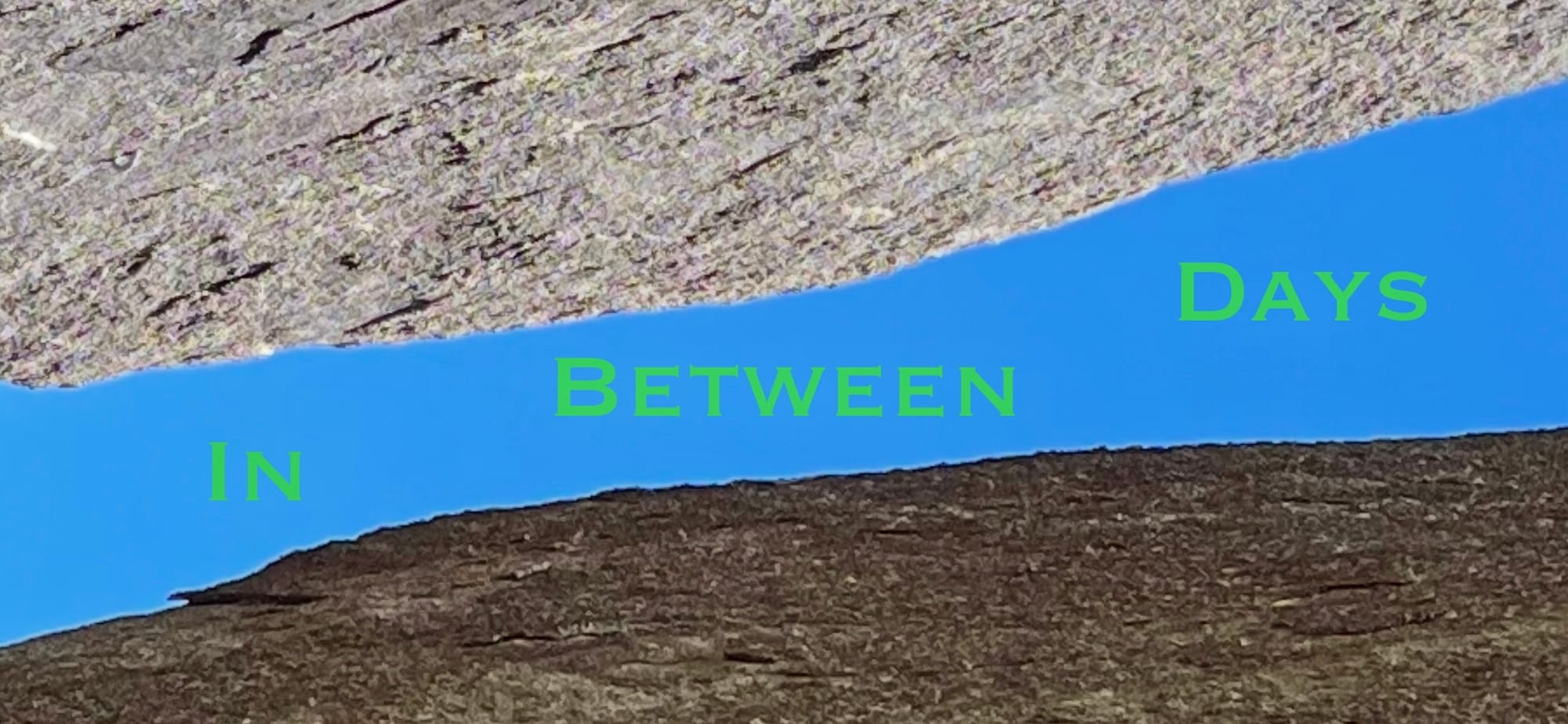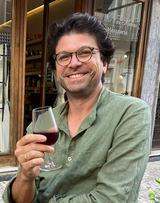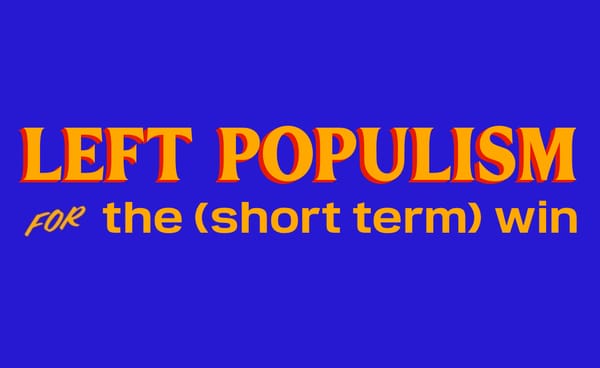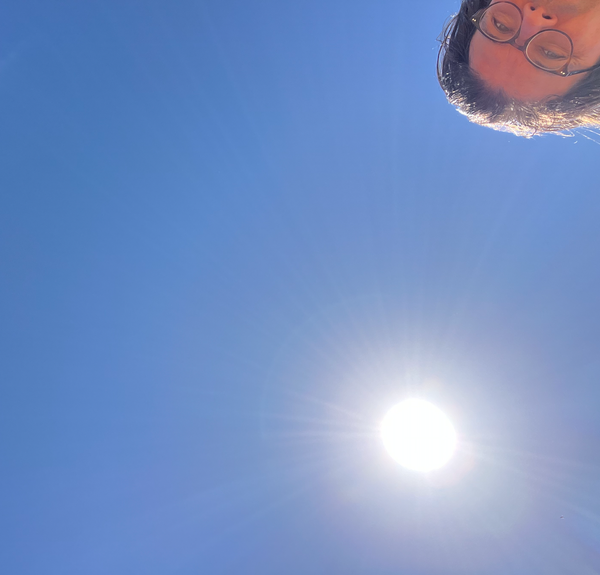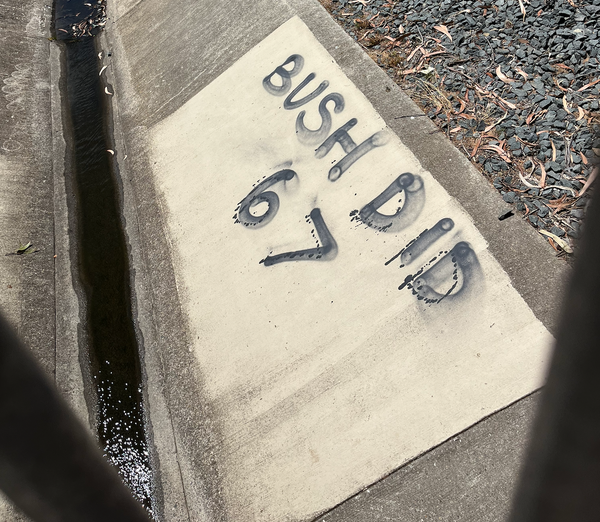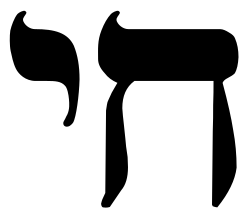Who's up for an activist jam session?
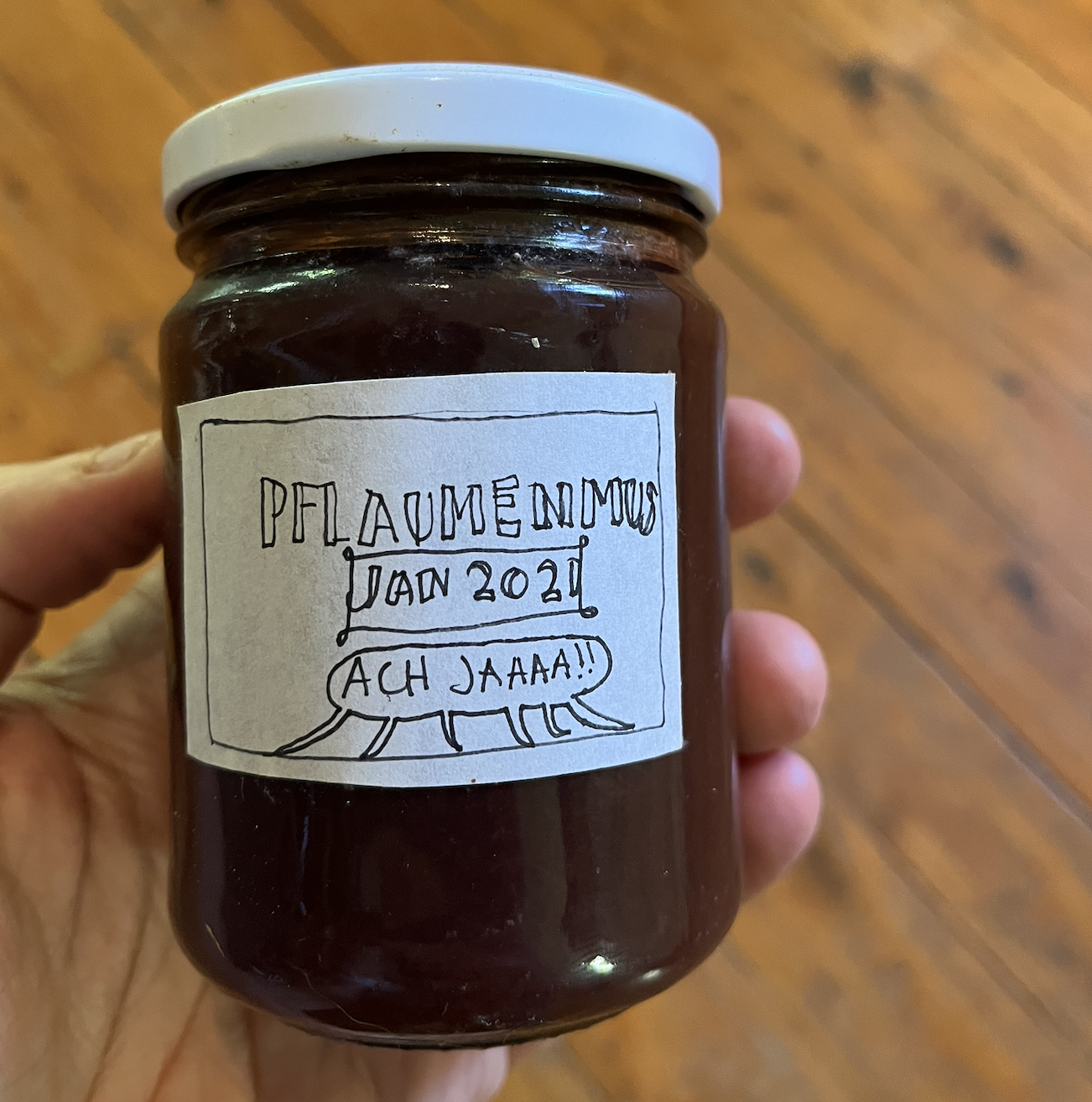
On improvising our common future
Today I learned* that Aufhebung, the word Hegel used to describe the seemingly contradictory (dialectical) process of world-historical political transformation - a process that is both abolition and transcendence, both destroying the old and preserving it in some higher form - is also the word for ... making jam.
The old fruit is dying, and the new jam struggles to set well, and in this interregnum a great variety of marmalades appear!
or even
the abyss between the no longer hungry and the not yet overly full...
Sorry... but... preserving in a higher form! Oh, how sweet it is!
How much more poetic than the English "preserve", or French "confiture" (preserved, slowly cooked).**
But, before I so cruelly debased those marvellous Gramsci and Arendt quotes, where my brain actually immediately skipped to was, hang on, what about musical jamming?!
It's a completely false etymology, of course. While nobody seemingly knows the true origins of the term for collective musical improvisation, there's no suggestion that it's got anything to do with Hegelian transformation.
But it's so perfect!
In my book, Living Democracy, I used the analogy of music practice. I told the old joke about the rude tourist in New York interrupting a busking violinist to ask "Hey! How do you get to Carnegie Hall?" and the busker narkily replying "Practice practice practice!"
The serious point behind this isn't just that political change-making is hard work, repetitive, and requires developing technique. It's a vital lesson I learned from my wonderful viola teacher, the late great Debbie Lander: that, when you're practising a passage and you've made a mistake, you can't just play it until you get it right once and then move on. You have to practice the passage correctly more times than you played it wrong, otherwise you've actually practised the mistake!
I think about this a lot in the context of social norms, of political behaviour, of the way we tend to slide back into old ways of doing things, even if we know they're at best unhelpful and at worst seriously problematic. We really need, as a community of change-makers, to support each other to practice transformative politics, so we can learn better ways of living together.
But jamming is even better!
It's better because, where practice tends to imply individual work, jamming is necessarily collective.*** You simply cannot jam on your own. You can noodle. But you can't jam.
It's better because, where practice is repetitive, jamming is iterative, learning from previous rounds, listening carefully to what's gone before, but taking it somewhere new. I've got some thoughts on emergence, and the problems of simply repeating campaign tactics we've done before, that I need to finish writing up. Jamming is a lovely way in!
And it's better because, while it absolutely requires skill and focus, and the more you've practised the better you can jam, it's about having fun as we create something new!
Practice is worthy. Stodgy. Boring. Unappealing.
But I'm off to organise an activist jam session!
You coming?
* I learned this wonderful, sweet fact in Sarah Stein Lubrano's brilliant new book, Don't Talk About Politics, which I will be writing about in some detail soon. In the meantime, do please go and get this book and read it.
** The Russian word, варенье, basically means cooked. So if we jam in Russian, we're cooked. Ha!
*** It's also actually that lovely messy ecological sense of collective that I set out in Living Democracy - being a group of individuals coming together, not an undifferentiated grey goo. A jam is, by its nature, a group of individual musicians bringing their own skills and ideas to the group project, exploring their way together.
